I live on a small farm where cats, dogs, cattle, and horses amaze me or amuse me on a daily basis. Take Wyatt for example. Wyatt is our three year old Labrador Retriever. One morning, as the dogs and I headed down the acre-long driveway to start out on our morning walk, Wyatt spied a squirrel on the other side of the road. He stared at the little squirrel with laser focus. Immediately I knew what Wyatt would do next.
In an instant, he bolted towards the squirrel with no thought of the road between them and giving no heed to my voice raised in warning. He only focused on the squirrel. A second later, a car appeared in view. The timing was perfect, Wyatt would reach the road at the same time the car passed. My heart dropped and I urgently yelled louder, “Wyatt HERE! HEEERE!” To my utter dismay, our well-trained bird dog did not listen to me, but raced on. I covered my eyes with both my hands, silently praying the car would see him and slow down or stop. After a couple of seconds I realized there was no sound of screeching tires or a “thud!” so I cautiously looked up. The car had already passed and Wyatt was on the other side of the road, no squirrel in sight.
What is the impact of a clear perspective? A clear perspective includes a distinctive understanding of things with respect to their distance & position. Unlike my dog Wyatt, we must have the self-restraint to avoid bolting forward blindly towards what we think we want. Instead, we must make time to intentionally implement productive processes to create successful outcomes.
All Successful Outcomes are the Product of Successful Processes You are probably familiar with the ABC Network show Shark Tank. The mega rich sharks decide whether to invest in companies and products cleverly pitched to them. More often than not, the sharks expose weaknesses in the products or business models presented. The sharks’ perspectives reveal what the entrepreneurs seem blind to— their processes are simply not producing successful outcomes. Their processes are not making them RICH. When that happens, the famous phrase “I’m out!” usually follows. So, is that the end of the story? Maybe for some. But other entrepreneurs that are rejected by the sharks, go back to the grind. For a different result, they need a new process to implement into their action plan– a RICH process. Research, Initiate, Critique, & Hone. Let’s bring the RICH process into real life examples:
Research
If my post grad education taught me anything, it’s that good research always begins with a question. If you want to make more money, what will you need to do to make it happen? Ask yourself: Do you need to work toward a promotion? Get a new job? Start a business? Will furthering your education open doors for higher income? Maybe you should hire a qualified financial planner to show you how your money could work harder for you in an investment account or other financial product? Which option strikes a flame of motivation in you? Next, carefully consider the questions and take time to research before moving forward with a decision. Researching several options expands your perspective so when you decide to take action, you will be confident. Avoid the temptation to “chase the squirrel!”
Initiate
You’ve decided you want a better relationship with your spouse. You have a beautiful vision of what your relationship will become. Now, initiate the steps to make that a reality! Commit to a more effective style of communication, going on a weekly date (without smartphones) to reconnect and just “be” together. Initiate a daily check in where each person offers up some interesting information about their day. Initiate physical touch more often. People that are genuinely committed to achieving their goals must initiate executable action in order to be successful.
Critique
Sometimes, the word critique elicits a negative connotation because it’s viewed synonymously with criticism. A critique is more of a careful judgment where someone shares their opinion about the good and bad parts of something. Criticism is different than critique in that it is a remark or comment that expresses disapproval. In the RICH process, critique ≠ criticism. Critique is just a barometer to measure the outcomes of your research and initiated action. Critique asks, “How is it going? Are you closer to your stated goal? What went right or wrong?” Reflecting In this way helps you rethink, refine or polish your action plan so you can hone in on what is good and build on it.
Hone
The word Hone in the RICH process is a verb. The meaning implies action to sharpen, refine, or perfect something over a period of time. Honing is also referred to as making something more effective. After you have Researched options, Initiated action, & Critiqued the outcome, the final step is to Hone the results. If the result of your effort delivers what you wanted, that’s your clue to Hone in on what worked, then polish it and make it even more effective. If the result of your effort is not what you wanted, honing in on what did not work well will direct you back to research additional strategies. It is important to remember that honing a skill, process or product takes time. When you hone in on something, you are placing your complete attention on making progress or achieving your desired outcome. Take a minute to ask yourself how implementing the RICH process in your action plan could impact your motivation. Then commit to using the RICH process as you execute your plan. The RICH process will enhance your perspective and give you confidence as you move forward to achieving what you want.

